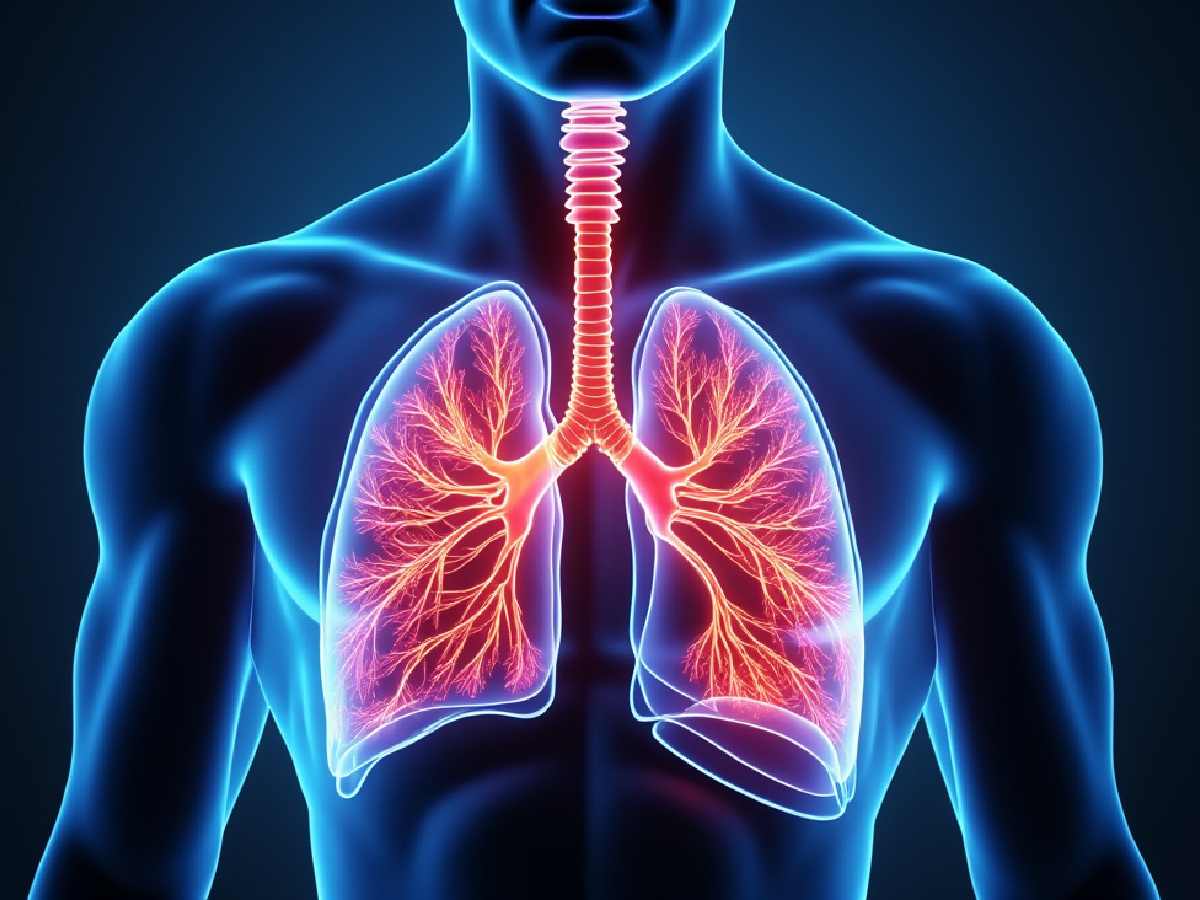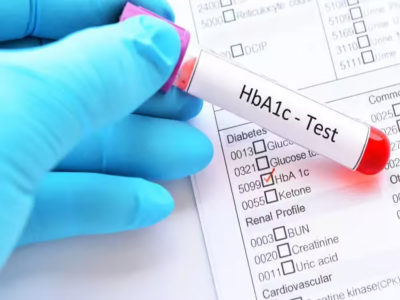World Lung Day, though not officially recognized, serves as a poignant reminder to focus on lung health, and what better way to honour that than by quitting smoking? Here are seven strategies to help you kick the habit:
- Set a Quit Date
Commitment: Choose a day to quit, and stick to it. Make it a significant day or one that aligns with World Lung Day for extra motivation.
- Nicotine Replacement Therapy (NRT)
Substitution: Use products like patches, gum, lozenges, or inhalers to manage nicotine withdrawal symptoms. These reduce cravings by providing nicotine without the harmful toxins in cigarettes.
- Behavioral Therapy and Counselling
Support: Counselling, either one-on-one or in group settings, can be instrumental. It helps in dealing with the psychological aspects of addiction, offering techniques to cope with stress and triggers.
Also read: World lung day: 10 superfoods to detox your lungs
- Prescription Medications
Medical Aid: Medications like varenicline (Chantix) or bupropion (Zyban) can help by reducing nicotine withdrawal symptoms or blocking the nicotine receptors in your brain, diminishing the pleasure you get from smoking.
- Change Your Environment
Eliminate Triggers: Throw away all smoking-related paraphernalia like cigarettes, lighters, and ashtrays. Clean your environment to remove the smell of smoke, which can trigger cravings.
- Develop New Habits
Replacement: Replace smoking breaks with activities that keep your hands and mouth occupied, like chewing gum, drinking water, or engaging in a new hobby. Exercise can also be a great way to manage stress and cravings.
- Join Support Groups or Programs
Community: Organizations like Nicotine Anonymous offer support through group meetings where you can share experiences and strategies with others who are also trying to quit. Online forums or apps can also provide daily support.
Also read: Dengue surge in Delhi: Essential dos and don’ts to remember
Additional Tips for Success:
Stay Hydrated: Drinking water helps clear nicotine from your system and can reduce cravings.
Mindfulness and Meditation: These practices can help manage stress without reaching for a cigarette. Apps or local classes can guide you.
Avoid Alcohol: Alcohol can reduce your resolve to quit, as it often accompanies smoking in social settings.
Educate Yourself: Understanding the immediate and long-term benefits of quitting can boost your motivation.
In conclusion, quitting smoking is challenging but incredibly rewarding for your health, especially on a day dedicated to lung health. Use World Lung Day as your catalyst to start a smoke-free life. Remember, the journey might have setbacks, but each attempt provides learning for future success. With these strategies, you’re not just quitting smoking; you’re choosing life, health, and a future where your lungs can breathe freely.





